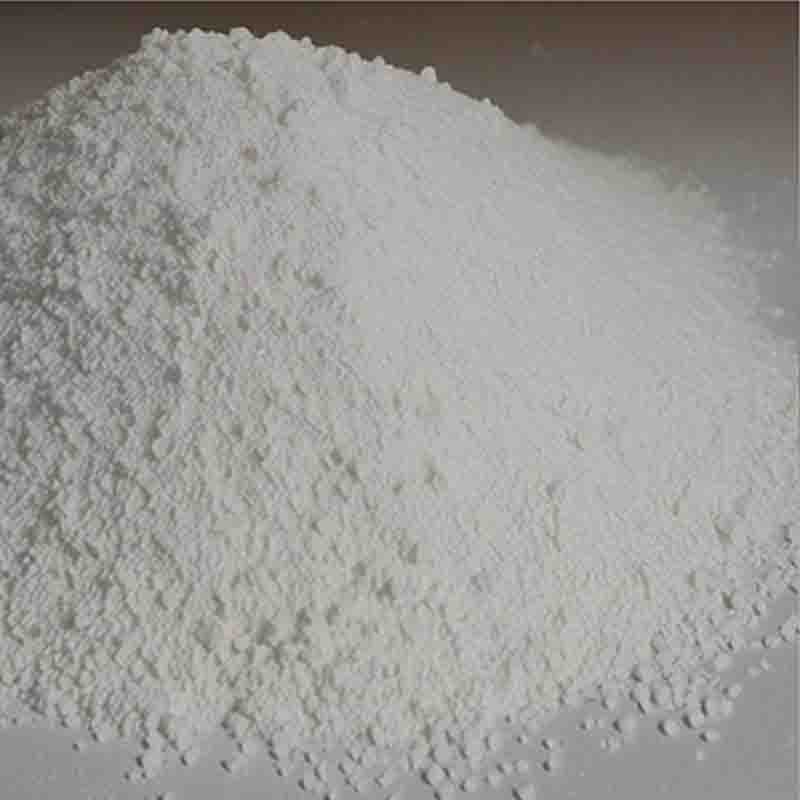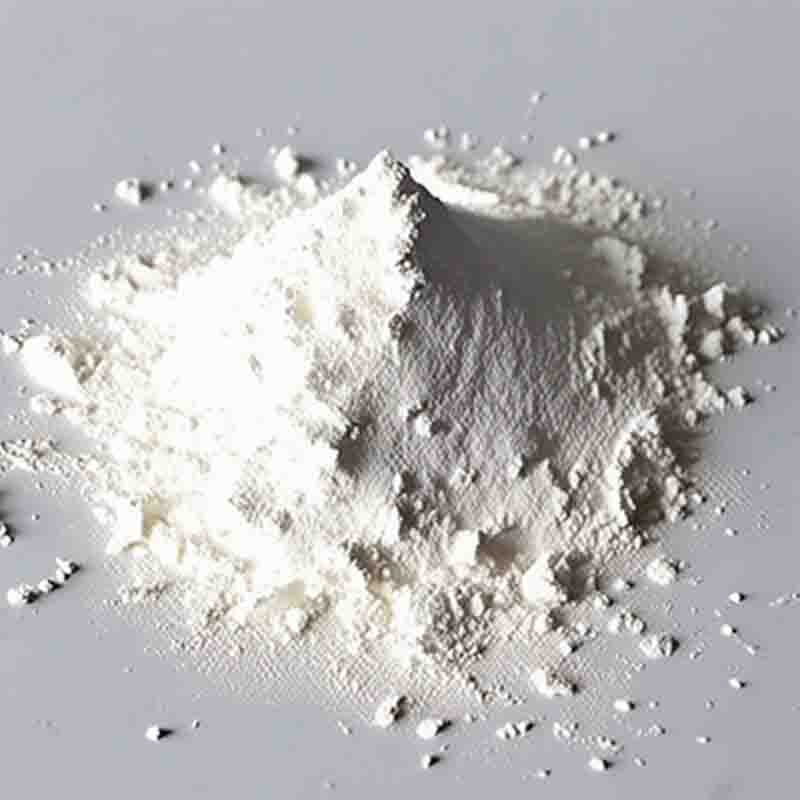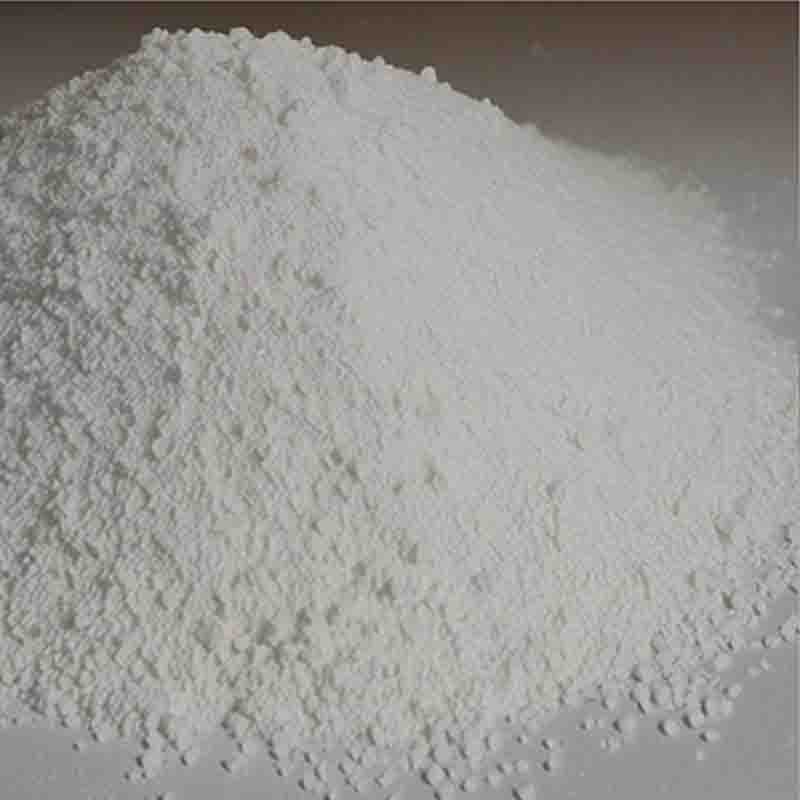1,8-Diazabicyclo[5.4.0]undec-7-ene CAS:6674-22-2
| Catalog Number | XD95254 |
| Product Name | 1,8-Diazabicyclo[5.4.0]undec-7-ene |
| CAS | 6674-22-2 |
| Molecular Formula | C9H16N2 |
| Molecular Weight | 152.24 |
| Storage Details | Ambient |
Product Specification
| Appearance | White powder |
| Assay | 99% min |
1,8-Diazabicyclo[5.4.0]undec-7-ene, commonly known as DBU, is a chemical compound with the molecular formula C9H16N2. It is a strong base and finds significant applications in various fields, including organic synthesis and catalysis. DBU exhibits several notable effects and uses.One of the main effects of DBU is its ability to act as a catalyst in a wide range of chemical reactions. It is commonly used in organic synthesis as a base to deprotonate acidic compounds and initiate reactions such as dehydrohalogenation, aldol condensation, and Michael addition. Its strong basicity allows it to efficiently remove acidic protons, making it useful in many transformations of organic compounds.DBU also plays a crucial role in the synthesis of polymers. It is utilized as a catalyst in the ring-opening polymerization of cyclic lactones and cyclic carbonates, leading to the formation of polyesters and polycarbonates. These polymers have various industrial applications, such as packaging materials, coatings, and biomedical materials.Furthermore, DBU exhibits an effect known as "activation of electrophiles." It can enhance the reactivity of electrophilic compounds, allowing for more efficient reactions. This effect is particularly significant in organic synthesis, as it enables the transformation of less reactive molecules into more reactive intermediates, facilitating the formation of desired compounds.In addition to its catalytic effects, DBU is also used as a nucleophilic catalyst. It can react with electrophilic reagents and activate them towards nucleophilic attack. This ability is exploited in several reactions, including the synthesis of carbamates, carbonates, and carbodiimides.Moreover, DBU has been found to exhibit antimicrobial activity. It has been studied for its potential as a new class of antibacterial and antifungal agents. The compound has shown effectiveness against various bacteria and fungi, making it a promising candidate for the development of novel antimicrobial drugs.In conclusion, 1,8-Diazabicyclo[5.4.0]undec-7-ene (DBU) is a versatile compound with significant effects and uses. It serves as a catalyst in various organic reactions, plays a crucial role in polymer synthesis, exhibits electrophile activation, and demonstrates potential antimicrobial activity. Its wide range of applications makes it a valuable tool in organic synthesis, catalysis, and pharmaceutical research. However, it is important to handle DBU with caution due to its strong basicity and potential toxic effects.


![1,8-Diazabicyclo[5.4.0]undec-7-ene CAS:6674-22-2 Featured Image](https://cdn.globalso.com/xdbiochems/白色粉末1876.jpg)
![1,8-Diazabicyclo[5.4.0]undec-7-ene CAS:6674-22-2](https://cdn.globalso.com/xdbiochems/粉末733.jpg)





